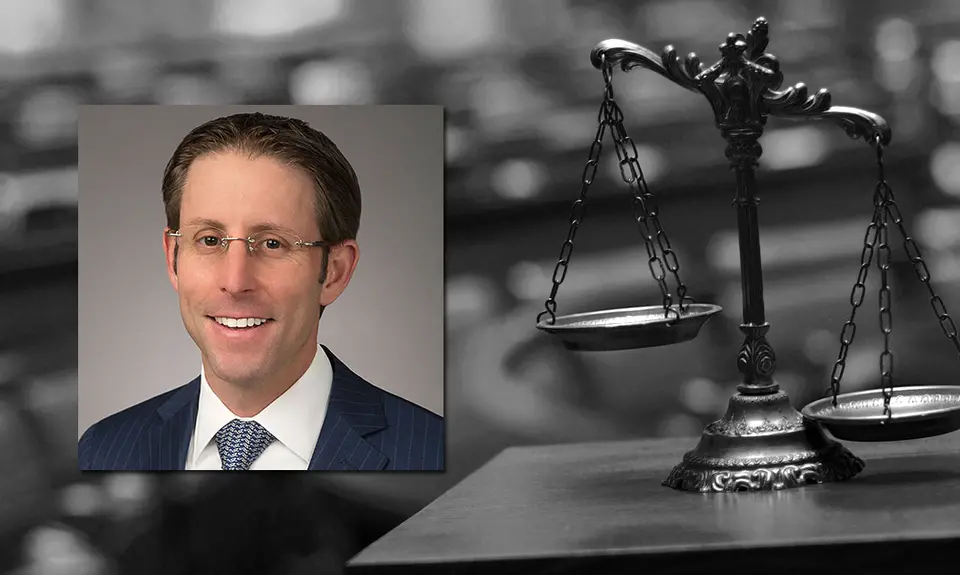“Confirmed Judges, Confirmed Fears” is a blog series documenting the harmful impact of President Trump’s judges on Americans’ rights and liberties. Cases in the series can be found by issue and by judge at this link.
Trump Ninth Circuit judge Daniel Bress argued that a lower court should be reversed, and a deputy district attorney accused of judicial deception in helping obtain a search warrant should be granted qualified immunity and dismissed from a case concerning official misconduct. The majority rejected Bress’ view and affirmed the district court’s ruling in Finkelstein v. Jangla.
John and Jennifer Finkelstein filed a federal lawsuit against officials in San Mateo county contending that they improperly conducted a search of their home and computer equipment to pursue an investigation of charges of sexual exploitation of a minor that were never brought against either of them. In ordering the return of items seized from the Finkelsteins, a state court judge found that there was no probable cause for the search warrant used and that officers had engaged in “judicial deception” to obtain the warrant.
The federal district court denied a motion for summary judgment based on qualified immunity by several of the officials, and they appealed. All three Ninth Circuit judges agreed that qualified immunity should have been granted to two detectives, but the majority also affirmed the decision to deny qualified immunity to Deputy District Attorney Vishal Jangla.
The majority explained that the record showed that Jangla had experience in cybercrime investigations and in warrant applications as part of such investigations. Based on that experience, the majority went on, Jangla’s failure to clarify a key term in the search warrant application could well have been in “reckless disregard for the truth”, which would help overcome qualified immunity and make Jangla liable for judicial deception in obtaining the warrant.
Bress argued in dissent that qualified immunity should have been granted to Jangla by the appeals court, based on Bress’ interpretation that the facts did not “connote judicial deception”” by Jangla, Drawing such factual conclusions is not the function of appellate courts, of course, but instead is for district courts and juries. The majority pointed out that the Finkelsteins had made a “substantial showing of the recklessness” of Jangla in the record below, and that was enough to sustain the district court’s decision not to grant Jangla qualified immunity on summary judgment.
As a result of the majority’s decision, the Finkelsteins will have the opportunity to prove that Deputy District Attorney Jangla committed improper judicial deception in obtaining a search warrant against them. If it had been up to Bress, however, they would not even have that chance, and qualified immunity would have prevented accountability.
